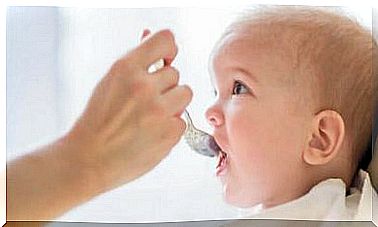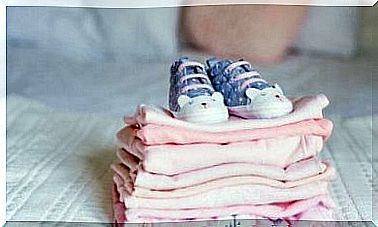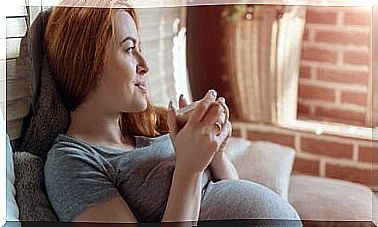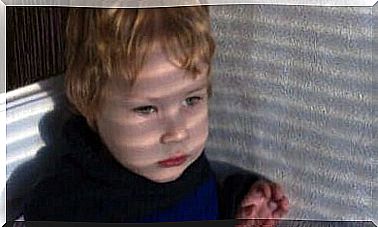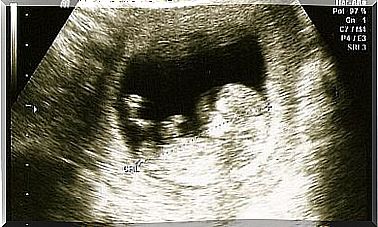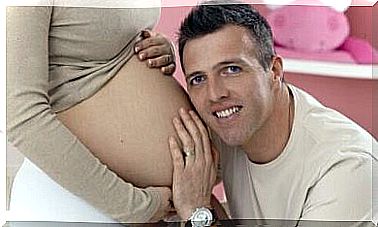How To Prevent Motion Sickness In Children
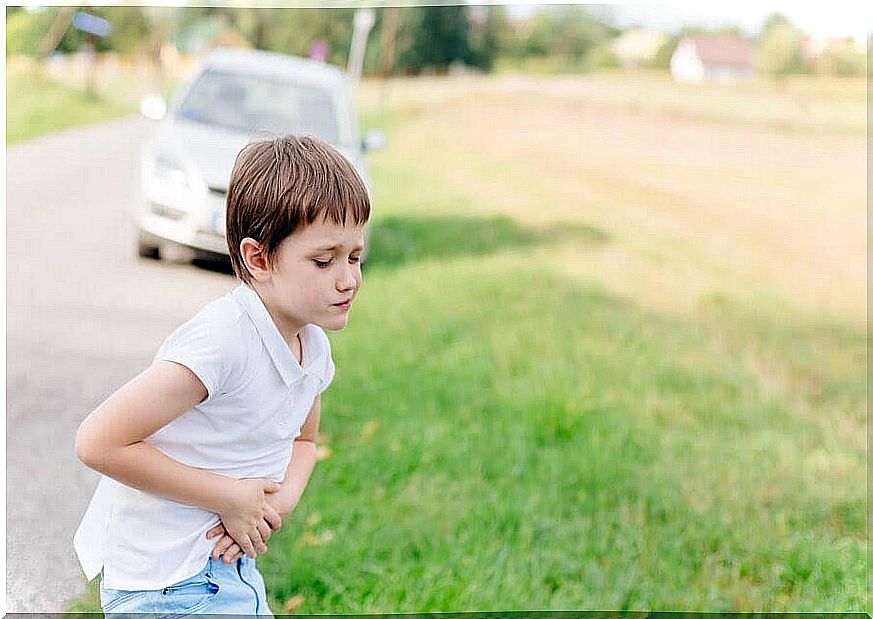
If your child easily gets motion sickness, here are some tips to help him or her take on trips and rides without any problems. It is possible to prevent motion sickness.
Between the ages of 3 and 12, children are extra sensitive to getting motion sickness. In fact, they may carry this condition into adulthood.
But when you know that your child will get motion sickness, the goal is to minimize the symptoms.
What is motion sickness and why does it happen?
Motion sickness is defined as a lack of control in the body caused by movement. To know how to prevent motion sickness, you need to know how it is caused. What happens is that specifically the inner ear and musculoskeletal system become unbalanced. This is due to the fact that what the body feels and sees does not match.
This is because the baby’s body is still, but everything around him is moving. When his brain suspects that he is moving, it sends signals that worry his body.
Symptom
These are some of the most important symptoms, including:
- Feeling of weakness and instability in the head
- Pallor
- Loss of balance
- Magont
- Vomiting
- Sweating or chills
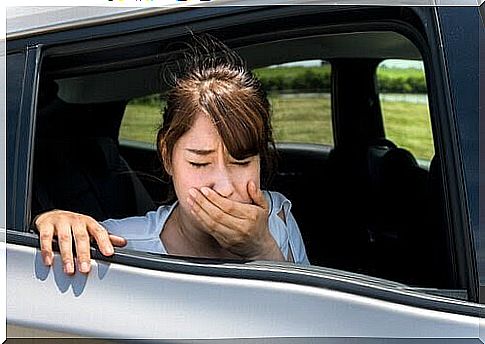
How to prevent motion sickness in children when traveling
There are a few different ways to prevent motion sickness. The least recommended is to use medication. It should be a last resort because they can cause side effects. It is better for the ear to gradually regulate what is happening in the inner ear. As we mentioned earlier, this condition can extend into adulthood.
With this in mind, parents should keep their children in specific positions in cars or airplanes. This prevents them from making sudden movements. Here is a good guide to follow:
Steps you can take before the trip that can prevent motion sickness
Before setting off, follow at least two steps. First, feed your baby at least an hour and a half before you leave. As a parent, it is good if you make sure that your child is not too full. This way, if he gets motion sickness, his stomach will not have enough contents to vomit.
We recommend that he eat lean protein and vegetables before the trip. Do not give him food like pasta or burgers. This makes him feel heavy and oversaturated. If you travel by air, it will also give him gas in the stomach.
Second, if possible, travel when the child usually sleeps at dinner or at night. The imbalance in his inner ear does not affect him when he sleeps.
Therefore, it can be very helpful to get him to fall asleep right at the beginning of the trip. It may be even better to start traveling when he is already asleep.
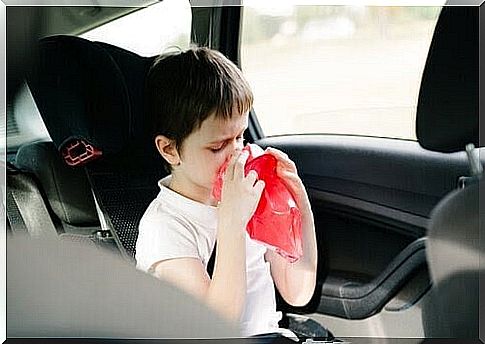
Steps during the journey that can prevent motion sickness
The best things to do during the trip are:
- Make sure your children are sitting in their car seat or car seat. Make sure they are wearing their seat belts. Keep an eye on the horizon. If this is not possible, at least keep your head slightly facing the window.
- Avoid playing games on cell phones, iPads, and reading books. Their head is then always tilted down or to the side when they play with these things. When your vision is concentrated on a fixed point, your brain sees how fast the car is moving. Your brain cannot adapt to the rapid change. That’s what will make you sick.
- Children should not eat during the trip. We suggest that they drink only small amounts of water. If the journey is long, it is best to let them eat when you arrive. Remember not to give them food because it makes them feel full.
- Do not have the car set to extreme temperatures. Make sure that the car does not get too cold or too hot. If your child is already unwell, let fresh air circulate in the car.
- As a final tip, if your child is already feeling unwell, help him do some breathing exercises. Always bring wet wipes, vomit bags and any medicine from your pediatrician.
